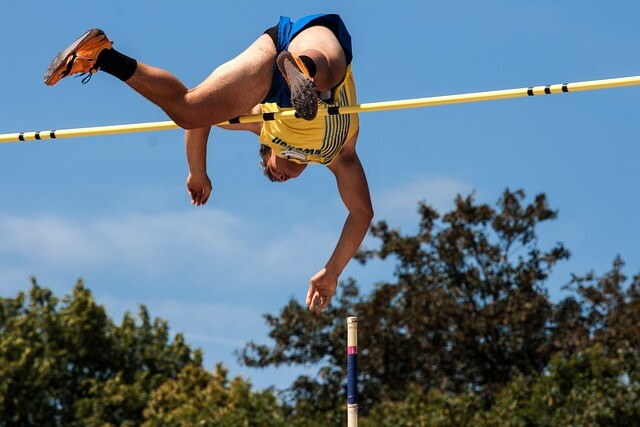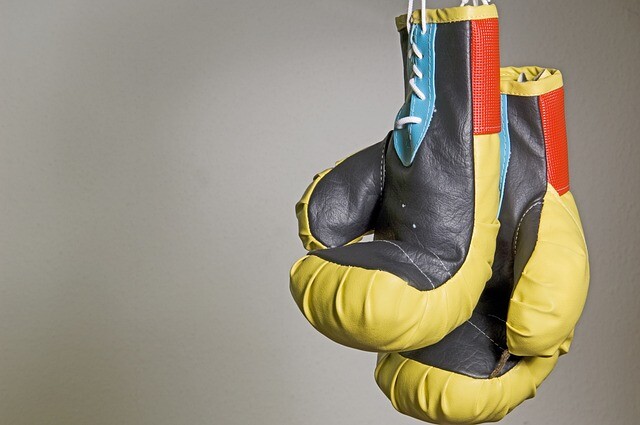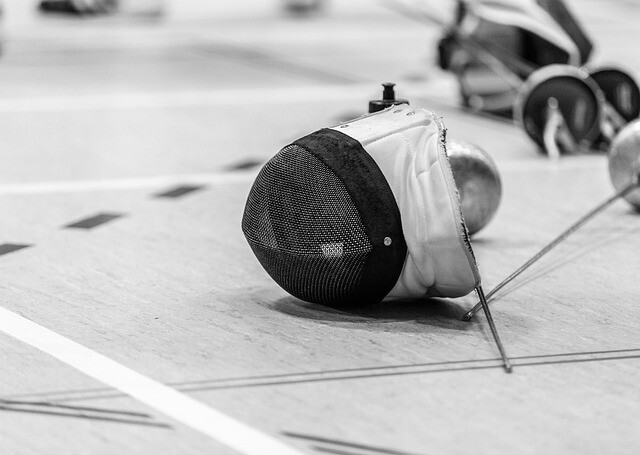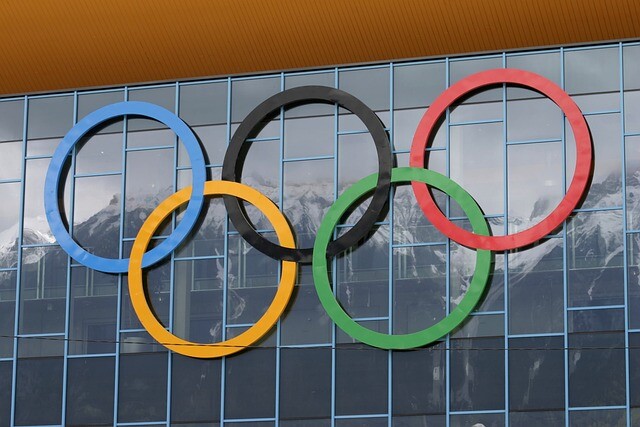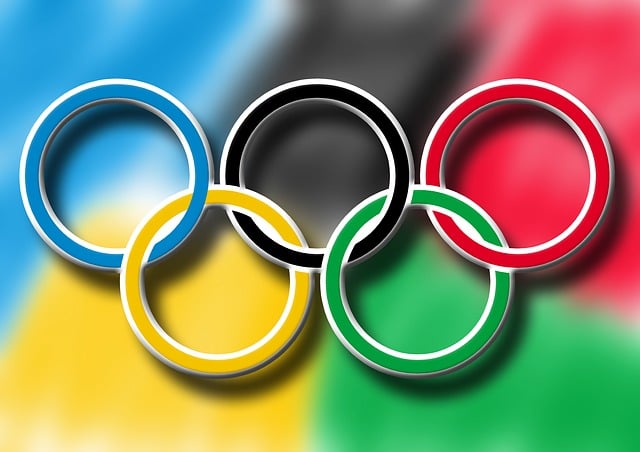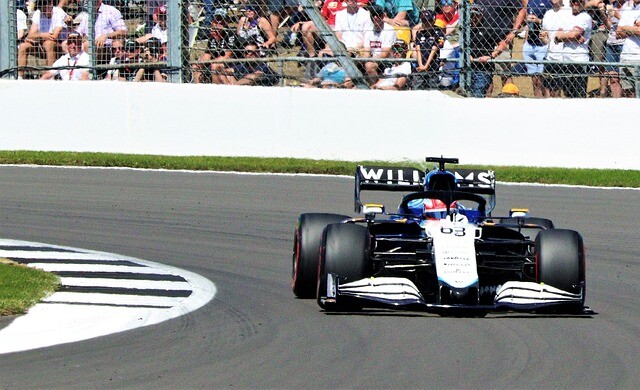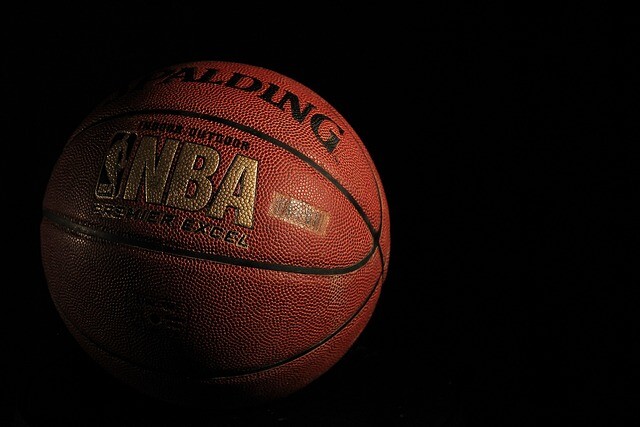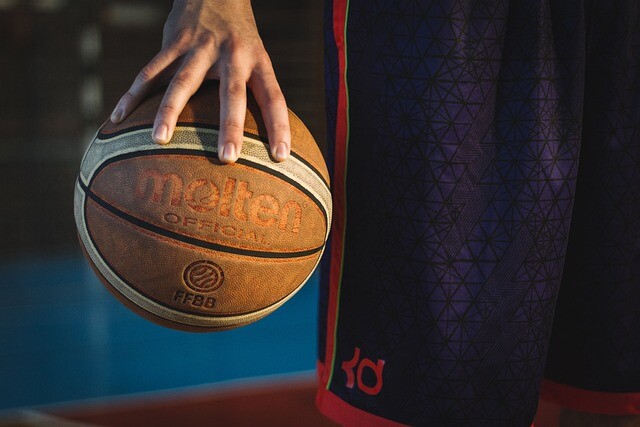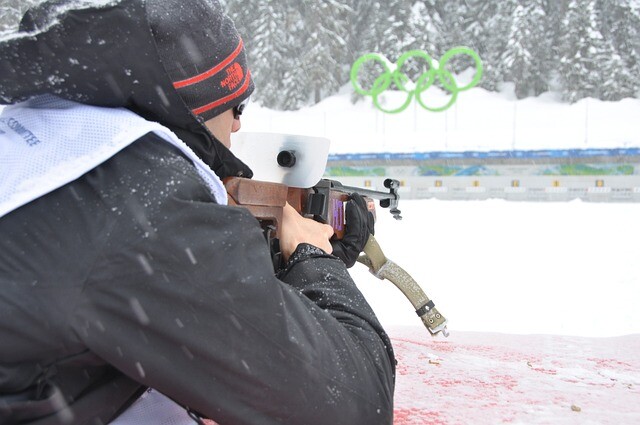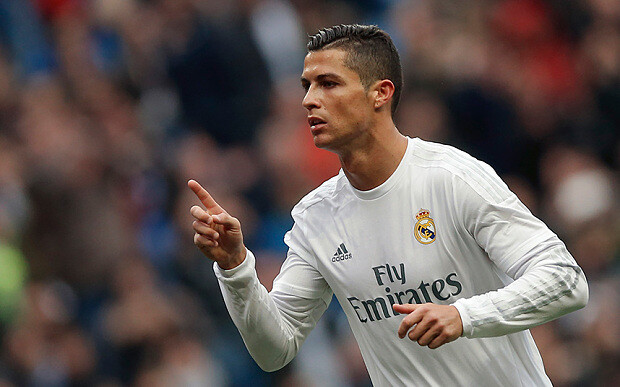60 years old is one of the greatest sprinters ever to be named after a planet
Celebrating his sixtieth birthday on July 1, Carl Lewis, one of the best athletes of all time, has collected nine Olympic gold medals in short-distance sprint runs and long jumps, setting an unlikely record in long jumps in first place in four five-ring games in a row.
Frederick Carlton Lewis was born on July 1, 1961, in Birmingham, Alabama. He grew up with his three brothers in Willingboro, New Jersey, where his parents ran an athletics club. At the age of thirteen, under the guidance of his father, he began to do serious athletics, and after the then short boy was suddenly stretched at the age of 15, he achieved better and better results. He was still a teenager when he set a national record with a jump of 8.13 meters in 1979 and came in fifth place in the world rankings.
Of his myriad sports scholarship offerings, he accepted the University of Houston, where Tom Tellez became his coach, and their collaboration continued until the end of Lewis ’career. In 1981, he was voted the best amateur athlete in the United States after winning both the 100m and long jumps in the University Championships - a feat that only one man, Lewis ’role model, Jesse Owens had previously been able to do.
He couldn’t be there at the 1980 Moscow Summer Olympics because of the American boycott, but four years later - this time boycotted by the socialist countries - he was already absolutely worthy of the Olympics. He started in four tracks and finished first in all four - the 100 and 200 meter flat runs, the 4x100 meter relay and long jump - repeating Jesse Owens ’1936 performance, which he considered unsurpassed. He wasn't so enthusiastic, however, because concentrating on the four gold medals in the long jump, he undertook only one attempt to secure his victory, even though everyone expected him to overturn Bob Beamon's 8.90-meter world record set at the 1968 Mexico City Olympics. He also missed modesty because he celebrated himself in a way that was reluctant to many, falling short of Nike’s relay contract because of the negative image he had of him.
He won the long jump at the 1988 Seoul Olympics, finishing second at 200 meters, but with the 4x100 meter relay, he did not make it to the finals due to a shift error. The biggest interest worldwide was the 100-meter cross-country finals, in which he clashed with Ben Johnson of Canada, who had previously defeated him at the World Championships. Johnson beat the 9.79 dream time again, despite running Lewis 9.92 for the best of his life. However, the Canadian sprinter failed the doping test three days later, so his gold medal was seized and Lewis was declared the winner - it was one of the biggest sports scandals of the last century.
He ran perhaps his biggest hundred yards at the 1991 Tokyo World Championships: six were under ten seconds in the final, but Lewis won, reaching a world record of 9.86. Also in Tokyo, he fought a huge fight with his compatriot, Mike Powell, in a long jump. Lewis, who hadn’t been out in the race for a decade at the time and won 65 races in a row, jumped 890 cents a centimeter in the fourth lap, but this wasn’t credited as a world record due to the overwind. On Powell's next attempt, he landed 895 inches, to which Lewis could no longer answer and "only" won a silver medal. The 895-cent world record still valid today and Lewis’s 887 and 884-cent jumps in the last two laps are still the top three non-altitude results.
Lewis won the long jump again in Barcelona in 1992, as did the 4x100 meter relay. In 1996, he won his ninth Olympic gold medal at home in Atlanta, now at the age of 35, and became the third to win four times in a row in the same individual event.
He ended his dizzying sports career the following year, winning a total of nine Olympic and eight World Championship gold medals. He completed the 100-meter distance 15 times in 10 seconds, the 200-meter distance ten times in 20 seconds, and the long jump 71 times above 850 centimeters. His abilities are characterized by the fact that although he has never taken any other sport seriously, in 1984 he was also drafted by the Dallas Cowboys American football team and the Chicago Bulls basketball team.
After his retirement, he appeared in several films, most of the time he played himself and his name was not mentioned. In 2011, he ran for one of the senatorial seats in the New Jersey state legislature, but was expelled from the candidates for formal reasons. He has a well-run consulting firm, uses his reputation for charity, and his foundation promotes fitness. He has also been coaching in recent years, currently coaching Malaika Mihambo, a world champion in women's long jump.
He was named Athlete of the Year in 1982, 1983 and 1984, awarded the Jesse Owens Prize in 1985, named the Athlete of the Century by the International Olympic Committee in 1999, and the Houston Sports of the Century in 2001. A sports center was named after him at university, and an asteroid is also named after him.
(Source: Source: sportrajongo.hu, mti / Photo: pixabay, mti)




